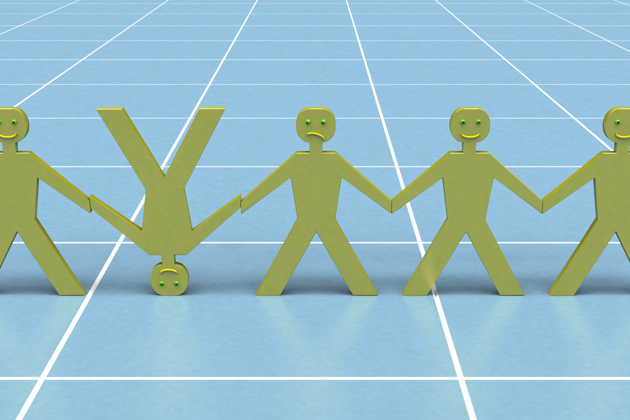
Do you ever have the feeling that certain relationships in your life are harder than others?
On the one hand, you might have a fantastic network of friends who you love spending time with, you find these interactions uplifting and fulfilling. But conversely, you have family relationships that just feel so difficult and tedious.
Or you may feel that your intimate partner just “gets you” but you feel your mother is judgemental and critical of everything you do, like you will never be enough.
Or maybe, everywhere you turn you feel like the people around you are letting you down, as if you are the only one who seems to care about other people but no one seems to show you the same care and thoughtfulness, leading you to often feel used, taken advantage of or just plain forgotten.
The reality is that navigating relationships can be a minefield. For better or for worse, the truly unique thing about being a human, unlike other animals in the animal kingdom, is the subtle social nuances that occur when we are interacting with each other.
These interpersonal interactions can often lead to joy, security and comfort as well as feelings of being misunderstood, overwhelmed and frustrated. Left unsaid or unaddressed, these misunderstandings and frustrations can lead to feelings of resentment, rejection, isolation and loneliness.
So how do we work on a dysfunctional or distressing relationship?
If you have identified a relationship which you think is dysfunctional or distressing and would like to gain practical skills, knowledge and insight about the intricacy of relationships, join Psychology Melbourne’s Building Relationship Skills online course.
Over 3 weeks, our group facilitators, Jacqueline and Katherine will help you learn about more about relationships, expectations versus reality, and different communication styles to help you build positive and respectful connections with others.
Tags